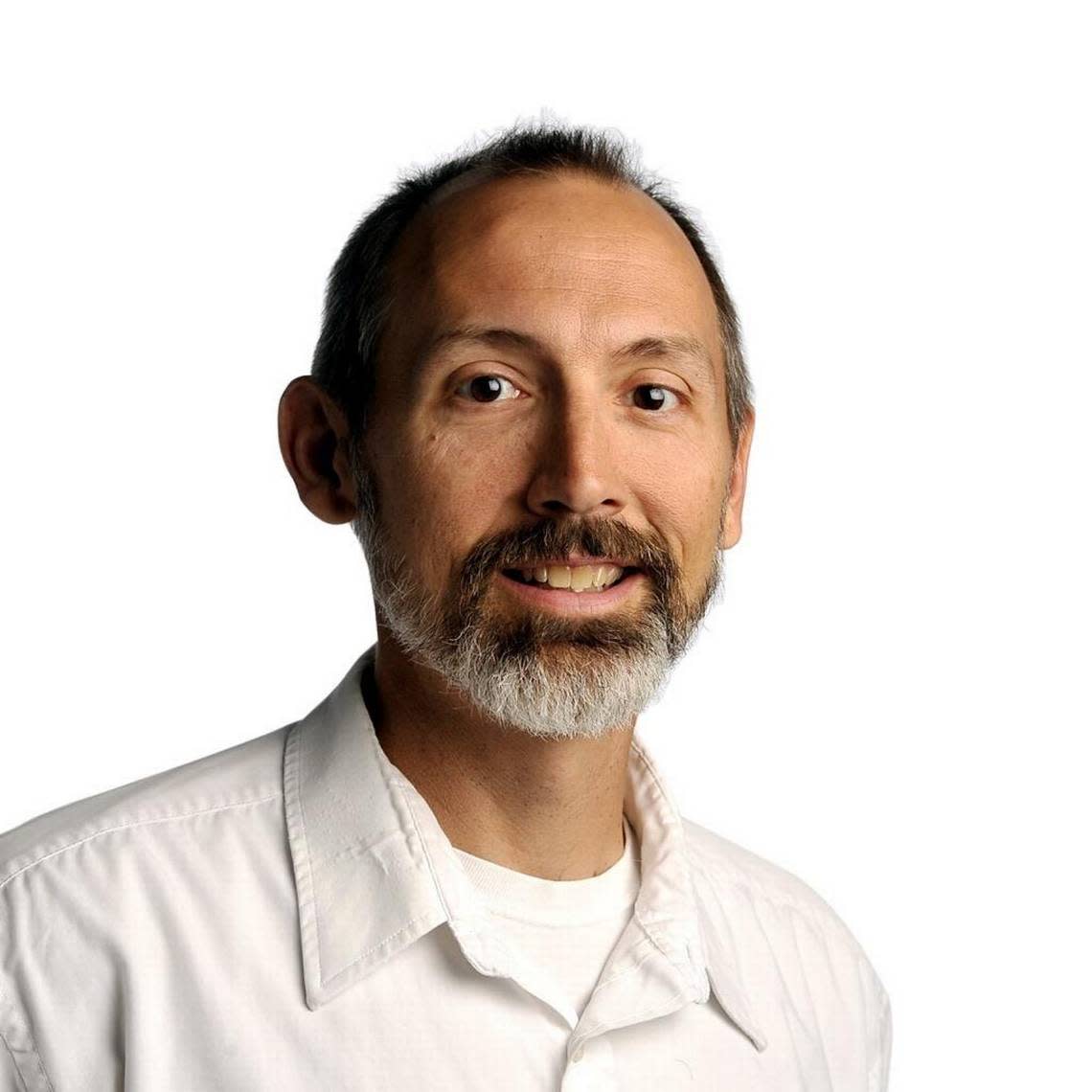It feels like we live in the Disunited States. But Americans are stuck with each other
I had a disheartening conversation the other day with a young man who was distressed about our country. He was unhappy with the end of Roe v. Wade, afraid of growing violence, and worried about our democracy. He described his generation as nihilistic. He said, “Maybe this country is too big.”
Everyone seems unhappy these days. Maybe it’s time to separate. This sentiment is running high. Even those who are winning the culture wars appear to want a divorce.
The Republican party in Texas wants to hold a referendum next year asking whether Texas should secede from the Union. That’s a strange idea, given that conservative Texas values are prevailing in the debate about abortion, religion, and guns. The Texas attorney general even spoke recently in favor of a law prohibiting sodomy.
I’ll bet some liberal Americans would be happy to see Texas go. But would a national divorce solve the fundamental problem of diversity? The truth is that human beings disagree about the meaning of life, liberty, and the pursuit of happiness. This is not an American problem. It is a human problem. The planet contains a multitude. And there is nowhere else to go.
American polarization is obvious. Some want gun control. Others wanted to arm teachers. Some celebrate the demise of Roe vs. Wade as a triumph for life. Others lament the loss of women’s rights. When the Supreme Court allowed a football coach to pray on the 50-yard line, some viewed this as a triumph for religious freedom. Others saw it as a step toward theocracy.
And on it goes. Urban dwellers distrust rural folks — and vice versa. Democrats accuse Republicans of fascism. Republicans accuse Democrats of socialism. A recent Atlantic article warned of “the doom spiral of pernicious polarization.”
It is starting to feel like we live in the Disunited States. But national divorce is a pipe dream. Texas is also big and diverse, with liberals in Austin and conservatives in the suburbs. A divorce might require secession neighborhood by neighborhood. Or would liberal Texans flee to California, while conservative Californians go the other way?
The idea is absurd and frightening. The U.S. Civil War is a bloody reminder of what could happen. Ugly separations have happened elsewhere. The partition of India is an infamous example. People die. Resentment and instability linger.
Our country includes people and ideas we don’t like. But there is no place to hide from the reality of diversity. Even within a gated community, there will be strangers who disagree with you. How narrow would your silo — or bunker — need to be to ensure unanimity?
The utopian dream of harmony and homogeneity is totalitarian. Draconian laws would be needed to keep peace within the brave, new world of the bunker. In keeping others out, you’d have to lock everyone in.
The real solution is to reaffirm our commitment to democracy, liberty and nonviolence. Democracy is not easy, tidy, or quick. The human world is chaotic. That’s because we are free and creative beings. We are also ignorant, willful and rebellious. The world of the bunker is a boring anthill. In a human democracy, things bubble, boil and occasionally break.
In a letter to James Madison in 1787, Thomas Jefferson said (in Latin), “dangerous freedom is better than peaceful slavery.” He continued, “a little rebellion now and then is a good thing.”
As we reflect on the American story on the Fourth of July, it’s worth remembering that a long process of rebellion and struggle brought us to the present. Things have been worse in the past. Jefferson owned slaves, even while he sang of liberty.
We’ve made progress. But this remains an imperfect world. Sometimes the political winds blow against us. This means there is work to be done. Nihilism does nothing to improve things. And running away does not change the world you leave behind.
The antidote to nihilism is hope. Hope keeps you moving forward. Hope grows with activity. And it is nourished by solidarity. If you are in need of hope, find a group that is working to make change. Join in the struggle. But understand that things don’t improve overnight. And remember that the spirit of rebellion is better, and more American, than the sigh of defeat.
Andrew Fiala is a professor of philosophy and director of The Ethics Center at Fresno State. Contact him: fiala.andrew@gmail.com.

